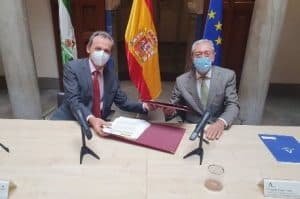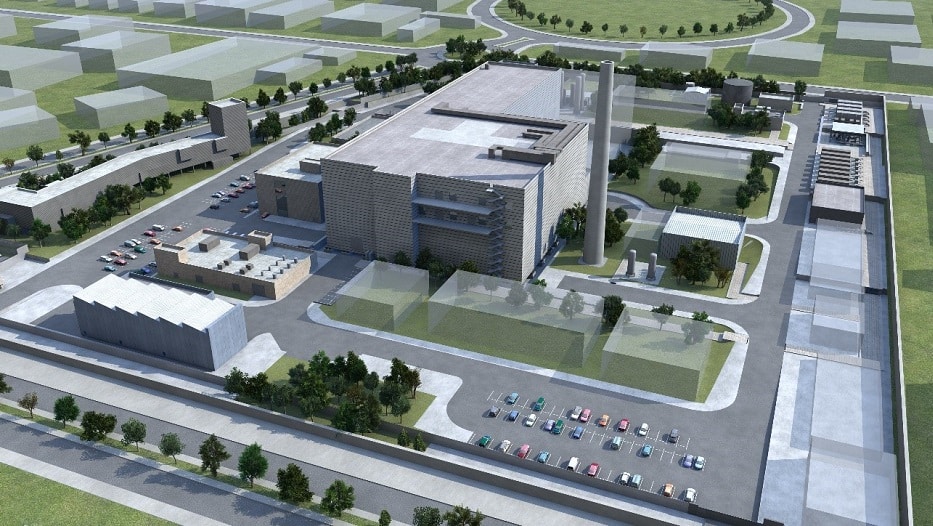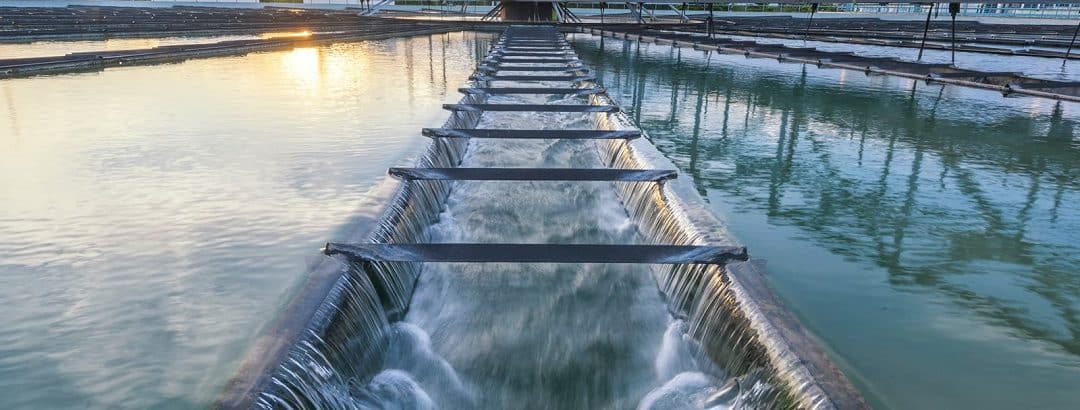Julia Maria Gomez de Avila Segade | 14/03/2023
Nuclear fusion could become a key energy source and DEMO, an ambitious international research project, seeks to consolidate its commercial viability. An essential part of its work will be carried out on a particle accelerator built in Spain.
Society’s energy demands – current and expected – are increasing, but also the environmental commitment of the main economic sectors. In this context, nuclear fusion is positioned as one of the most promising sources to complement the mix for the second half of the 21st century. “It is virtually unlimited, safe and environmentally friendly because it does not generate polluting emissions. It should also be noted that if in the future a plant suffers any damage due to natural or man-made causes, this would not cause related environmental disasters,” explains José Aguilar, Coordinator of the Technical Office of IFMIF-DONES.
In order for its potential to become an efficient reality, it is necessary to enable the means for fusion energy to meet a number of technological and business requirements. In order to demonstrate this feasibility, the international DEMO (demonstration power plant) project was born, a plant planned to carry out ongoing operations and the injection of energy into the electricity grid adapted to human needs.
Particle accelerator
One of the biggest challenges in the industry when it comes to the study of nuclear fusion is the effect of the most critical materials on the internal structure of a reactor and overcoming this technological challenge goes through a unique scientific infrastructure: the IFMIF-DONES. It will test, validate, and qualify the materials that will be used in future fusion power plants, will begin its irradiation tests in 2033 and is being built in Spain.

Signing of agreement for the formation of IFMIF-DONES Spain.
“Europe is a leader in the international development of fusion energy and our country is one of the most prominent in this sector, both in fomenting knowledge and the technical, technological and industrial capacity to undertake these types of projects,” says the expert. Aguilar explains that Andalusia stood out as the ideal place for the construction of this large facility within the European roadmap for electricity production because it has the best combination of social, political, and economic environment. “That facilitated everything and made Granada the right choice and, in particular, a municipality called Escúzar, which also gave the land needed to undertake the infrastructure free of charge,” he says.
This facility has been included in the European Strategic Research Infrastructure Forum (ESFRI) roadmap within the energy area, positioning itself as a relevant strategic infrastructure for scientists in Europe and the world in the area of research and innovation.
“Our main challenge is to be able to make the mobilization phase
of the project’s construction phase as successful as possible”
Despite being an international project, the accelerator will have a particularly positive impact on the site chosen for its construction, both economic and social. “It will be transformative for industry, for training, for society and for human capital,” says José Aguilar. To that end, the Board of Andalusia has commissioned the Parque Tecnológico de la Salud (PTS) [Health Technology Park] with a Strategic Plan to profile local and regional development around IFMIF-DONES, put the region at the forefront of science and create employment in the province.
Project challenges
“This is the first time humans will build a scientific facility like IFMIF-DONES, and in that sense the challenges for engineering, technology and industry itself will be significant in the coming years. But that’s something that’s often common when it comes to great scientific facilities unique to the world. Today, our main challenge is to be able to make the mobilization phase of the project’s construction phase as successful as possible, as this will allow us to have all the material and, above all, human resources to take on a project of these dimensions. To create this highly qualified international team working in Granada over the next few years, we will have the commitment and contribution of the different countries that will help make this project a reality,” says Aguilar.
This facility will be the next step to the ITER (International Thermonuclear Experimental Reactor), a reactor designed as the key experimental step between today’s fusion research facilities and tomorrow’s fusion power plants, the first to produce net energy. “Despite not having yet been put into operation —it is in the assembly phase—, ITER has already provided us with answers to technological and scientific problems that we were not able to solve before,” says the expert. “It is going to allow us, within a few years, to demonstrate that we’re able to maintain a large enough fusion reaction, sustained for a long enough period of time, and we’ll continue to learn from that,” he concludes.

Participating in this article…
José Aguilar Medina is the Coordinator of the Technical Office at IFMIF-DONES. With a degree in Civil Engineering from the University of Granada and an International MBA from Camilo José Cela University, he has developed his professional career in the management of engineering and construction projects, mainly in the industrial sector in countries such as Italy, Oman, United Arab Emirates, Qatar or Egypt, among which ITER is one of the most significant.
Keep reading… Waste management in the wind energy sector





